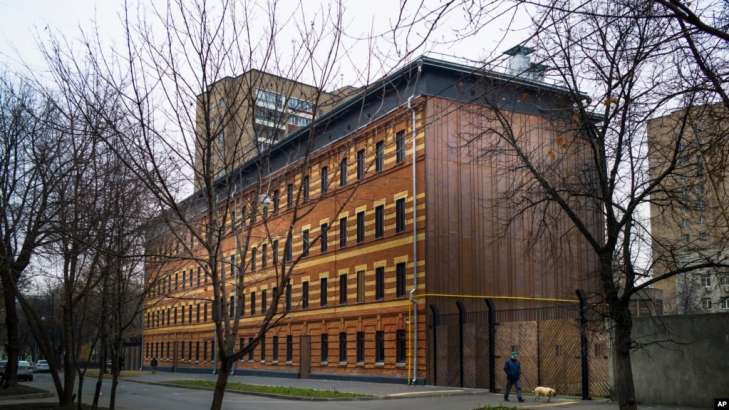
Photo: Gulag History Museum building
Russian authorities have ordered the indefinite closure of the Gulag History Museum (Main Camp Administration), dedicated to the victims of Soviet-era repression. The closure is officially attributed to some violations of fire safety regulations, but it comes amid an active campaign by the Kremlin against independent civil society and those who question the official interpretation of history.
“As a result of an inspection of the museum by specialists… violations of fire safety were discovered”, – the museum said in a statement posted on its website. Access to other materials on the site, except for the announcement of the "temporary suspension" of the museum's work, is closed, Agence France-Presse reports.
The museum declined to comment further to AFP.
200% Deposit Bonus up to €3,000 180% First Deposit Bonus up to $20,000Founded in 2001, the museum in central Moscow brings together official government documents with family photographs and items belonging to Gulag victims. The Gulag was a vast network of labor camps established in the Soviet Union. Millions of people viewed as traitors and “enemies of the people” were sent there during what historians have recognized as a period of mass political repression. Many Gulag prisoners died in custody.
In 2021, the Council of Europe awarded the museum its prize, noting that its work aims to “present history and activate memory in order to strengthen the resilience of civil society and its resistance to political repression and human rights violations today and in the future.” During his 24 years in power, President Putin has sought to redefine the interpretation of Russian history. While occasionally condemning the massive repressions under Joseph Stalin in the 1930s, Putin increasingly praises him as a great wartime leader. School textbooks pay little attention to the millions of victims of the Great Terror, who are seen as inconvenient for the Soviet Union's propaganda as a great power that defeated Nazi Germany.
The government has increasingly targeted individuals and groups who oppose this approach, a campaign that has intensified in the wake of the invasion of Ukraine.
By Sergey Daga

